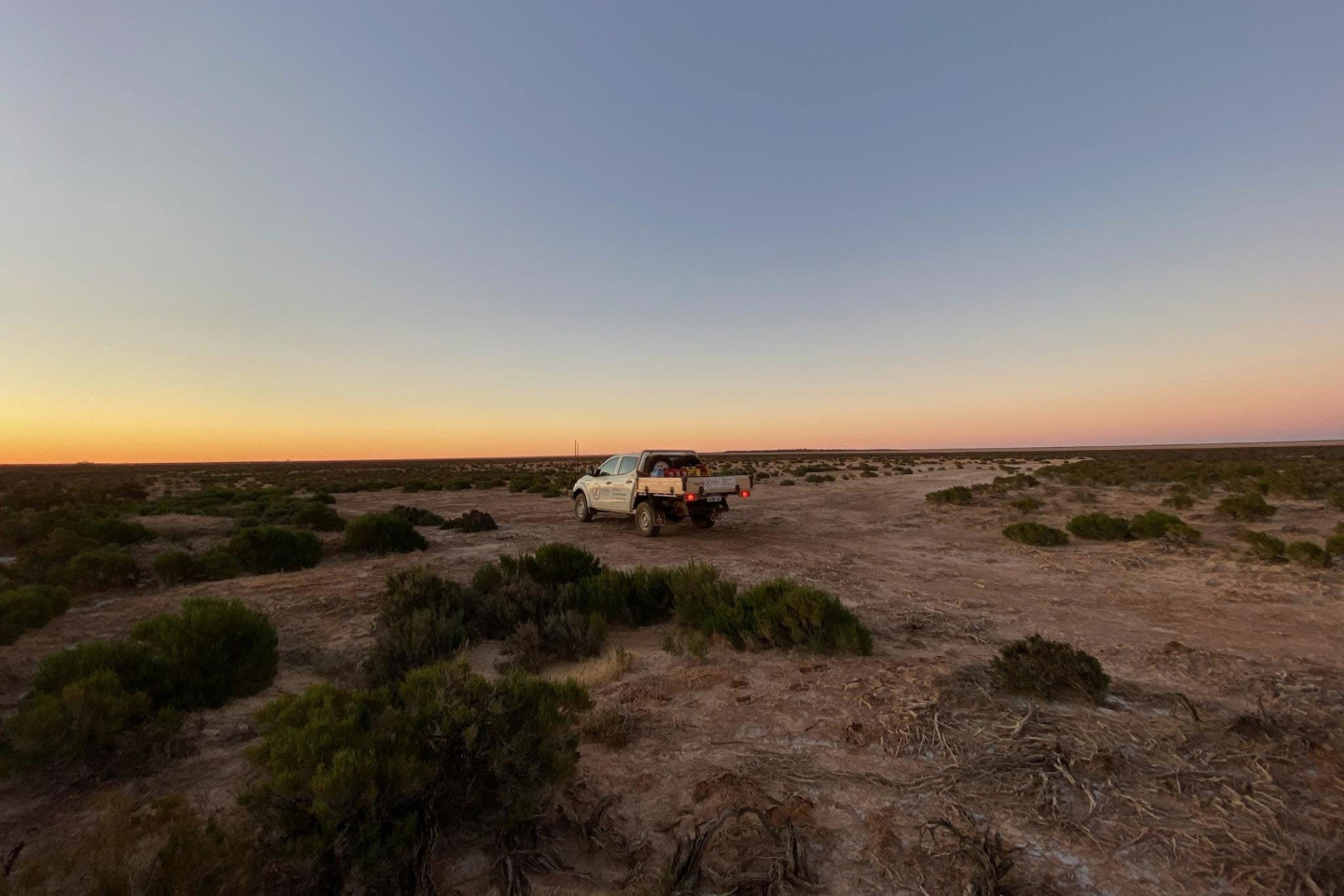Toro Energy has kicked off its Lake Maitland extension study, which will also include uranium-vanadium ore from its Lake Way and Centipede-Millipede deposits that sit some 30km south-east of Wiluna in Western Australia. The company’s new assessment is aimed at adding considerable value to its original scoping study that forecast an annual EBITDA of $101 million during a 17.5-year mine life.


Toro Energy has kicked off its Lake Maitland extension study, which will also include uranium-vanadium ore from its Lake Way and Centipede-Millipede deposits that sit some 30km south-east of Wiluna in Western Australia.
The company’s new assessment for the Lake Maitland processing operation that is a further 70km to the east, is aimed at adding considerable value to its original scoping study that projected an annual EBITDA of $101 million during a 17.5-year mine life. The previous study focused solely on Lake Maitland and management is now exploring the potential for increasing production and the life-of-mine.
It will include a pit optimisation of the Lake Way and Centipede-Millipede deposits and a pilot plant design to test a new processing flowsheet for both uranium and vanadium output in the form of uranium oxide yellowcake and vanadium-blend red cake.
Importantly, the study is expected to determine whether the first seven years of high-grade uranium ore extraction in the original analysis can be extended by adding ore reserves from the Lake Way and Centipede-Millipede deposits.
Toro Energy executive chairman Richard Homsany said: “As strengthening uranium market conditions continue to align with valuable technical and development improvements at the Wiluna Uranium Project, the Board is delighted to report this initiative to add significant value to Wiluna via the extension of our Lake Maitland uranium vanadium processing operation. Toro remains committed to demonstrating that its Wiluna Uranium Project is an asset of global significance that can be brought into production when government policy and uranium markets align.”
The original scoping study on Lake Maitland, conducted by SRK Consulting & Strategic Metallurgy in October last year, produced some impressive figures.
Based on an open-cut mine with ore from surface to a depth of 15m and a low strip ratio of 1:17 – and surrounded by established mining infrastructure – it returned a pre-tax net present value (NPV) of $610 million, with a modest capex of $270 million and a payback period of 2.5 years ,while producing both uranium and vanadium products. It assumes a price of US$70 (AU$110.80) per pound of uranium oxide, which is close to current spot prices.
Total production was modelled at 22.8 million pounds of uranium oxide and 11.9 million pounds of vanadium oxide, with an all-in sustaining cost of US$28.02 (AU$44.35) per pound of uranium oxide during the 17.5-year mine life that the company now hopes to extend.
Another factor instrumental in creating the eye-catching financial metrics was the re-optimisation of the open-pit design at Lake Maitland. The new pit shell with a lower revised rim cut-off grade of 109 parts per million uranium oxide resulted in more of the resource being processed, increasing by 167 per cent to 35.2 million tonnes and simultaneously stretching the mine life out to the 17.5 years.
With Toro’s original scoping study revealing compelling metrics from Lake Maitland, incorporating the satellite deposits into the new extension study is expected to further amplify the economics and bring the project a step closer to development.
Is your ASX-listed company doing something interesting? Contact: matt.birney@businessnews.com.au













